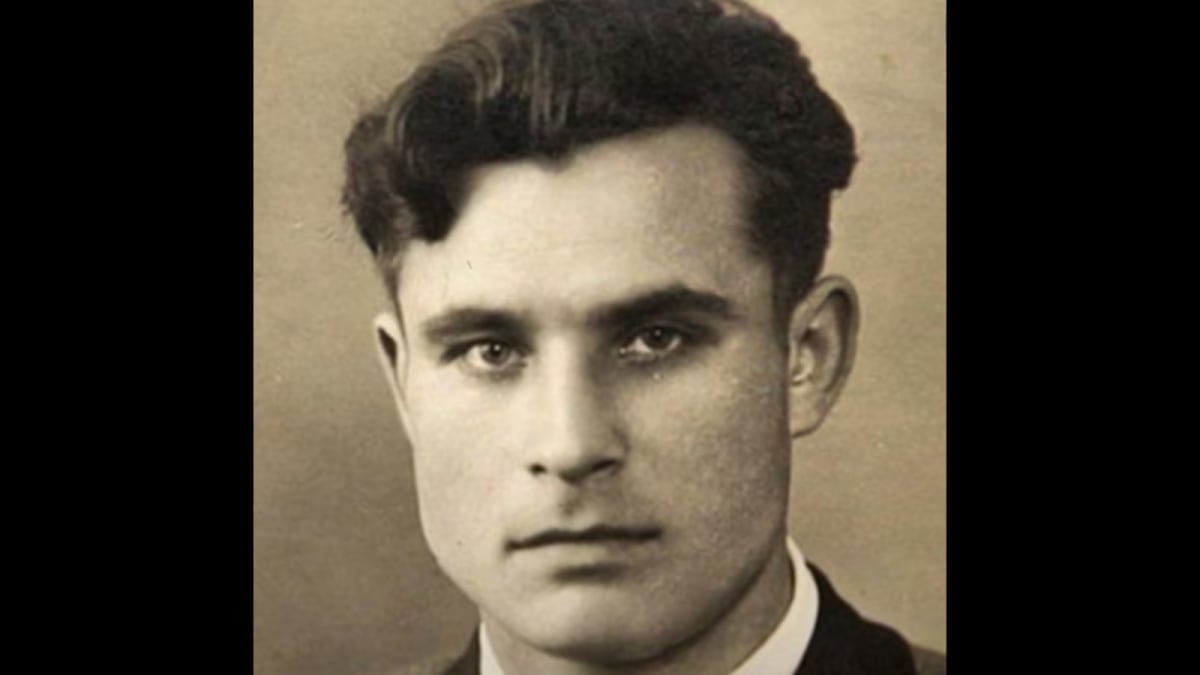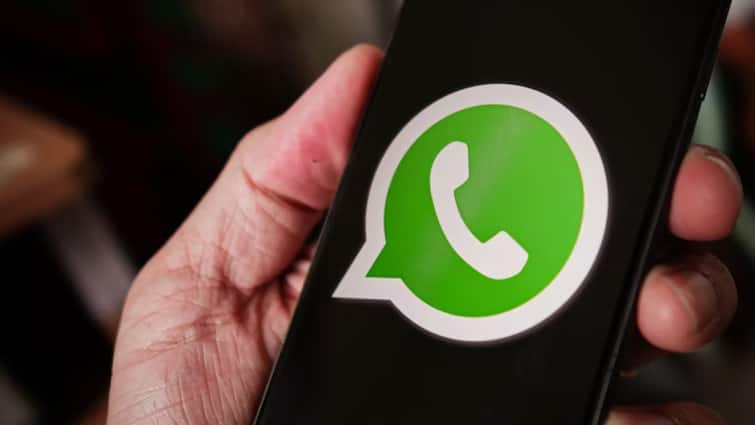Last Updated:
Normally, launching an attack required approval from the captain and political officer. However, the presence of this high-ranking commander meant all three officers had to consent

After intense debate with the captain and the political officer, he convinced them to surface the submarine. (Instagram/@howhistorylooks)
The Second World War came to a devastating end when America attacked Japan with an atom bomb, causing widespread destruction and leaving a lasting memory of human tragedy. The world was shaken by the consequences of this attack, prompting fears about the potential devastation of a third world war.
However, 63 years ago, the world teetered on the brink of such a war during the Cuban Missile Crisis of 1962. It was the wisdom and foresight of a Soviet naval officer, Vasily Arkhipov, that averted this catastrophe.
Recommended Stories
During the Cuban Missile Crisis, US security forces were incessantly attacking the Soviet submarine B-59 to force it to the surface. The submarine had been out of contact with Moscow for several days while in international waters, leading its crew to suspect that world war had already broken out.
Conditions on the submarine were dire: its batteries were nearly depleted, the air conditioning was off, the temperature exceeded 45 degrees Celsius, and there was a severe lack of oxygen. Many sailors fainted due to suffocation caused by carbon dioxide. Faced with these extreme conditions, the captain of the submarine decided to launch a nuclear torpedo.
Under standard procedures, the decision to attack required the approval of both the captain and the political officer. However, on this trip, Flotilla Commander Vasily Arkhipov was also present, and his high rank necessitated the consent of three officers.
Opposition Against Nuclear Strikes
At the decisive moment, Arkhipov opposed the nuclear attack. After intense debate with the captain and the political officer, he convinced them to surface the submarine and re-establish contact with Moscow.
This crucial decision prevented a nuclear attack and saved the world from a devastating nuclear war. Historians and experts still remember this incident as the moment when the prudence and courage of a single officer preserved human civilisation from great destruction.
Cuban Crisis: Soviet-US Confrontation
The Cuban Missile Crisis, which unfolded in October 1962 during the Cold War, was a perilous confrontation between the United States and the Soviet Union that lasted 13 days.
The Soviet Union installed nuclear missiles in Cuba, targeting American cities and bringing the world dangerously close to nuclear war. Ultimately, the crisis was averted when the Soviet Union agreed to remove the missiles, and the US President promised not to invade Cuba.
- Location :
Russia
Loading comments…
Read More





)